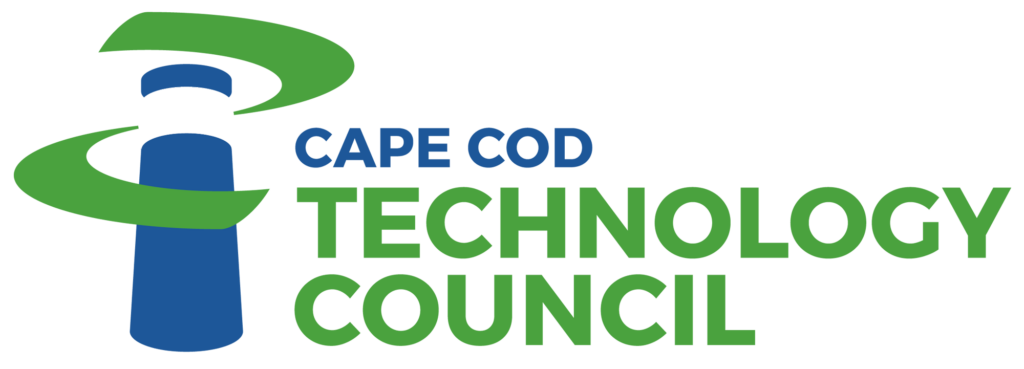Peter Karlson would tell you about the client project he’s most excited about working on at the moment, but he can’t talk about it.
“It’s competetive and incredibly stealth right now,” he says. All he will say is that he’s working with founders who are deep domain experts. “It’s exciting when they have deep domain expertise, are well-funded and need to execute quickly,” he says.
A former chairman and current member of our Board, Peter has sat in the founder’s chair of half a dozen companies, co-founding another four to six. In one way or another, he’s had his hand in about a dozen companies – in addition to the clients he works with.
For his company, NeuEon, Peter travels up and down the East Coast, and beyond, working with software startups in all kinds of different industries, including entertainment, healthcare, distribution and others.
He explained that one of the things NeuEon does is become the Chief Technology Officer (CTO) for non-technical founders. “If a smart, non-technical person has a great idea,” he says, “we make sure they’re doing all the right things on the business side, and become their technical brain.”
Peter was the featured speaker at September’s First Friday, where he spoke about entrepreneurism and lean start-ups.
He came to First Friday as the Chamber of Commerce’s Entrepreneur in Residence, but that’s only one of Peter’s many hats. In addition to the Tech Council, Peter serves on the Board of Directors of the Cape and Islands Workforce Investment Board and Junior Tech, and is currently on the advisory board of the Southern New England Entrepreneurs Forum (SNEEF) and the Charlton College of Business at University of Massachusetts Dartmouth.
NeuEon was created when Peter was sitting in his home office, trying to decide what to do next. “I had sold my company,” he said “and I wanted to design a company that made a difference for smaller companies. I created a unique service at NeuEon.”
NeuEon’s mission is making people smarter about technology. “The most exciting part about that is working with small businesses (under 500 people). That’s the market that moves the needle in the economy.”
Previously in his consulting life, Peter did a lot of work for larger companies. So he took what he learned at the large companies and applied it to small businesses. Practices that made a small difference in large companies, made a huge difference in small ones. “That was the business model and it’s still true today,” he said.
What has he discovered along the way?
“What I’m most excited about now is the concept of a lean startup or an evidence-based entrepreneurship. It’s a new way of thinking. A new, well-thought out approach.” He says validating a hypotheses about your business model is the most exciting thing in entrepreneurship in the last 50 years.
While Cape Cod does not qualify exactly as a hotbed of entreprenurism, for a geography whose population is just over 200,000, there is a surprising number of entrepreneurs.
“So many people on the Cape are entrepreneurs,” he said. “They have to use entrepreneurial thinking to do what they do everyday.”
Some of them may even be able to talk about it.
